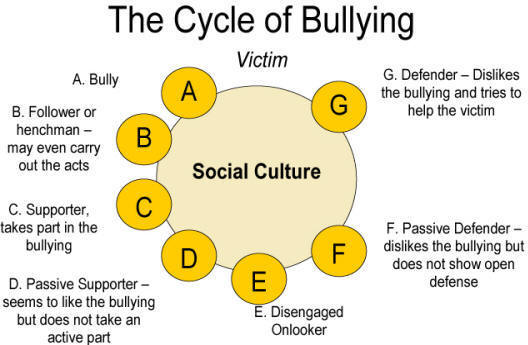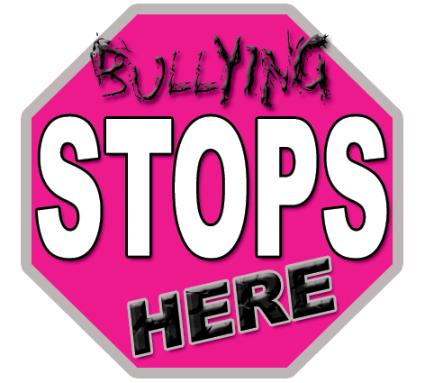Is Your Child Being Bullied?
No parent wants to discover that their child is being bullied. But unfortunately, bullying is as common in schools as textbooks. And children with special needs, like those with speech disorders, are 61% more likely to be the target of bullying, according to a study by Professor Gordon W. Blood, Ph.D., CCC-SLP. Blood proposed that children with speech disorders are particularly at risk for being bullied because they often appear more withdrawn. This can be due to a lag in communication and/or social skills. So how do you know if your child is being bullied? It can often be a little difficult to tell. Some children may try to cover up the problem. There are some classic signs of bullying that you can be on the lookout for, however.
Is Your Child Being Bullied?
Some of these possible signs of bullying are pretty obvious. Your child might come home with damaged personal possessions, or he might be missing personal possessions. If he has been in a physical altercation, he might have torn clothing or he might have bruises that he is reluctant to explain.
Other signs that your child might have been bullied are a little more subtle. You might notice that he comes home hungry every afternoon (bullies are stealing his lunch money). His schoolwork might go downhill and he might seem reluctant to go to school every morning. He might visit the nurse’s office often, particularly around the same times every day if he’s trying to avoid a certain class.
How Can You Help?
If you suspect that your child is being bullied, contact his teacher and the school administration right away. Avoid contacting the bully or his family directly; this could only worsen matters. Obtain a copy of the school’s anti-bullying policy. If your child’s school does not have such a policy, ask them to develop one.
Keep a record of the bullying. If your child tells you about an incident, write it down. If the bullying is via social media or other electronic communications, keep a log of it on your computer. Show your records to the school administration and your child’s teacher if they are reluctant to address the situation
Meet with your child’s guidance counselor. Explain the situation to her and give her a brief summary of your child’s speech disorder. Suggest that your child be allowed to go to the guidance office when he is being bullied. This provides a safe haven for him, gives him some control over the situation, and places him in the presence of a trusted adult in whom he may confide.
How Can Your Child’s Speech Therapist Help?
Your child’s speech therapist can also work with the school to address bullying. She may be willing to speak to your child’s class about speech disorders. She can also work with your child to develop effective responses to bullying. Role-playing a related situation may help with this. If your child is being teased about his speech differences, his speech therapist can help him develop predetermined responses that will allow him to be assertive at school.
Boosting Your Child’s Self-Esteem
Have a talk with your child about the issue. Some children might be willing to talk about it, while others are reluctant. It can be even more difficult for children who have trouble communicating. Depending on your child’s speech and language abilities and his willingness to discuss the issue, you might consider using picture books about bullying or drawing your own pictures to introduce the subject in an indirect manner. Try to ask gentle, indirect questions. For example, ask, “What can I do to help you have a better day at school?” instead of “Did someone steal your lunch money?”
Offer assurance. Tell your child that you understand that he’s feeling sad, and that it’s okay to feel that way. Make sure he understands that it is not his fault. Thank him for talking with you about the problem and ask him to continue to do so.
In addition to working with your child’s speech therapist on assertiveness strategies and responses to bullying, counteract the effects of bullying. One of the most impactful effects of bullying is social isolation. Children with a severe speech disorder may already feel socially isolated, and bullying only magnifies the problem. Sign your child up for an activity or sport that he enjoys. Network with other parents. Offer to carpool so that your child can interact with his peers. Invite other parents and their kids to the park or the pool for a play date with your child.





